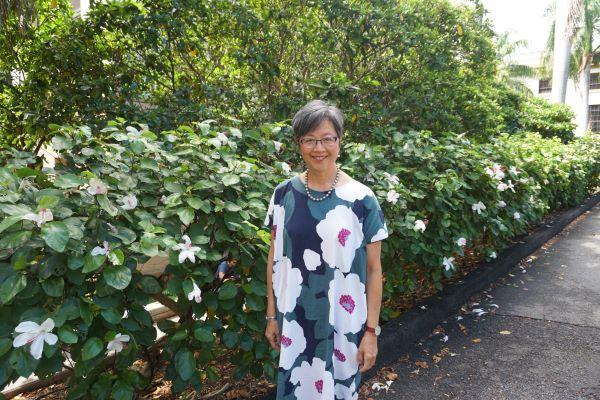
The Institute for Japanese Studies presents:
"Bridging Divides: The Work of Cultural Ambassadorships in Contemporary Japan"
Christine Yano
University of Hawai'i at Manoa
with respondent
Dr. Mari Noda
Professor, Department of East Asian Languages and Literature, The Ohio State University
Abstract: The notion of cultural ambassadors – people, products, artistic expressions, ideas that span different locations – can be useful in thinking through global interactions. If the role of the political ambassador is to create long-lasting liaisons between nations, then the role of the cultural ambassador is to achieve similar kinds of linkages through soft-power, positive interactions. Cultural ambassadorship has been critical in steering paths of globalization as key vectors of influence. In this talk I point to one contemporary cultural ambassador that has gone from Japan to different parts of the globe – Hello Kitty and the concept of kawaii (cute). My approach here is not as comprehensive as I would like, since my research on the topic has focused primarily on the United States. (Notably, if I were to truly research the global impact of Hello Kitty and kawaii, I should spend years in different parts of Asia where the plush toy is very popular.) Nevertheless, thinking through the cultural ambassadorship of Hello Kitty and kawaii in the United States points us toward important lessons in transnational interactions, meanings, commercialism, and critique. This case study suggests that the project of bridging divides is both crucial and fraught, creating contingencies of empathic reach.
Christine R. Yano, Professor of Anthropology at the University of Hawai`i, has conducted research on Japan and Japanese Americans with a focus on popular culture. In 2020-2021 she served as the President of the Association for Asian Studies. She has served as Chair of the American Advisory Committee to Japan Foundation from 2018 to 2022. In 2022 she begins her tenure as President-Elect of the Society for East Asian Anthropology, American Anthropological Association. Her publications include Tears of Longing: Nostalgia and the Nation in Japanese Popular Song (Harvard, 2002), Airborne Dreams: “Nisei” Stewardesses and Pan American World Airways (Duke, 2011), and Pink Globalization: Hello Kitty and its Trek Across the Pacific (Duke, 2013). Her latest book is Straight A’s: Asian American College Students in Their Own Words with Neal Akatsuka (Duke, 2018).
A specialist in East Asian language pedagogy, Mari Noda is primarily interested in curriculum, material development, and assessment. She directs SPEAC (Summer Programs East Asian Concentration), which currently offers intensive Japanese and Chinese language programs. She is a lead producer of the NihionGO NOW! series (2021, Routledge), a new beginning-to-intermediate-level learning material, and the Japanese Skills Test (JSKIT), a low-stake online assessment tool. She is also a co-author of Japanese: The Written Language (2006 and 2018, Yale University) and “Remembering the future: compiling knowledge of another culture” (with Galal Walker, 2010, National East Asian Language Resource Center at The Ohio State University). She serves on the Board of Directors of Japan-America Society of Central Ohio. At OSU, she serves as the faculty advisor for the Nihongo Osyaberi-kai (Japanese Conversation Club).
